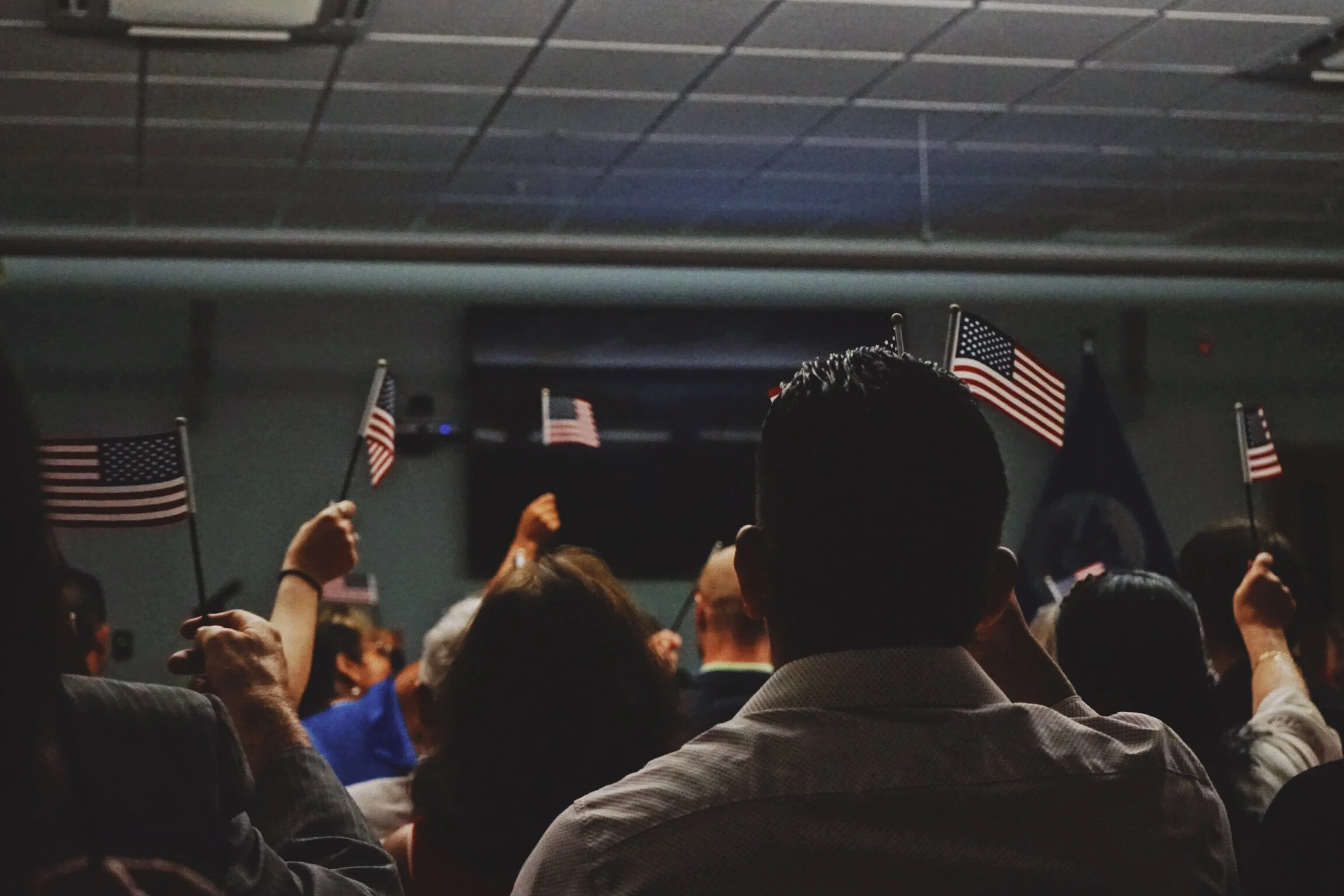How Internships Affect Student Mental Health
The question of how internships affect student mental health is in reasonable judgment a meaningful one. Often used by students to gain curricular credit in a major course of study, these experiences can be unpaid, although some paid ones also exist. Considering that income is a key social determinant of health, the question of how internships (especially unpaid ones) are connected to mental health is one that can and should be answered.
The Legal History of Unpaid Internships in the United States
To understand how internships affect mental health, it is important to have a correct understanding of who an intern is. For this, US case law suffices. According to Natalie Bacon writing for the Ohio State Entrepreneurial Business Law Journal law review, interns, according to the Fair Labor Standards Act (FLSA), are not classified as employees, and thus do not need to be paid by the business for the intern’s labor to be legal (Bacon, 2011). In 1947, the Supreme Court decided in Walling v. Portland Terminal Co. that “trainees” who followed around employees for a week to learn how to do the job were not employees and thus not entitled to payment. This is the case that legalizes unpaid internships. To qualify as an intern in the United States, the six following characteristics must be met: the training must be similar to that which is given in a vocational school; the training is for the benefit of the trainee; the trainees do not displace regular employees but work under close observation; the employer that provides the training derives no immediate advantage from the trainees’ activities (and on occasion may actually be impeded); the trainees are not entitled to a job at the completion of the training period, and the employer and the trainee understand that the trainees are not entitled to wages for the time spent in training (Bacon, 2011). The Department of Labor Fact Sheet #71 provides guidelines for determining whether one’s internship experience can be legally considered such, keeping in mind the six factors (Bacon, 2011). In 2018, the guidelines were updated and can be concisely summarized as the “primary beneficiary test.” This test ties the internship/employee division to such factors as educational requirements and the intern’s relationship with other employees and is viewed as flexible. In other words, no single factor is determinative (Department of Labor, 2018).
How Unpaid Internships Affect Student Mental Health
Briet and Runnerstrom (2019) performed a study on the relationship between required public health internships and student mental health. Using as their sample undergraduate public health students over the age of 18, the researchers found that more than half of the students (88.1%) exhibited relatively high positive feelings related to their internship experience. 91.5% of the sample scored relatively low when measuring for negative feelings related to their internship, consistent with the above result. On the Flourishing Scale (FS) used in the study, 86.7% of participants scored relatively high (with a mean of 46.42 with possible values ranging from 8 – 56), indicating high levels of flourishing. When the researchers looked at the relationship between the number of days spent on internship per week and the negative feelings scale, they found that there was a small positive correlation between the two variables (.044). Finally, the researchers also found a positive correlation between flourishing, positive feelings, and an increased number of credit units for internship (Flourishing Scale – r(58) = 0.486, p <.001); (SPANE-P – r(57) = .354, p. = .007). Thus, internships may have a positive effect on students’ mental health. There may be explanations for the association between an increased number of days in an internship and increased negative feelings, including the stress of commuting (Briet & Runnerstrom, 2019).
Limitations and Conclusions
This was the only current study found to establish an association between internships and undergraduate student mental health, even after an extensive search across two different databases. Hence there are several limitations, and caution is advised. The study itself had no control sample and was limited to students from one major at one university (which the authors noted). Moreover, since the study had no control group, we do not know if the students had increased positive feelings because of the internship, or other reasons like personality (confounding variables). For all we know, the students in the sample (60) could be more agreeable and thus more prone to positive emotionality (Ackerman, 2017). However, it can be said that it is demonstrable that internships are at least associated with increased flourishing and positive feelings, while an increased number of days in an internship is associated with increased negative feelings. It is also clear that more research is needed concerning how internships and other work experiences (like fellowships or apprenticeships) affect student mental health.
Reference
Bacon, N. (n.d.) Unpaid internships: The history, policy, and future implications of “fact sheet #71.” Ohio State Entrepreneurial Business Law Journal, 6(1). Retrieved from Unpaid Internships: The History, Policy, and Future Implications of Fact Sheet #71 (osu.edu)
Briet, E., & Runnerstrom, M. (2019). Analyzing the impacts of required internships on college student mental health. College Student Journal, 53(4), 474-478. Retrieved from ANALYZING THE IMPACTS OF REQUIRED INTERNSHIPS ON COLLEGE STUDENT MENTAL HEA...: Discovery@Kent State
Department of Labor. (2018). Fact sheet #71: Internship programs under the Fair Labor Standards Act. Retrieved from Fact Sheet #71: Internship Programs Under The Fair Labor Standards Act | U.S. Department of Labor (dol.gov)






